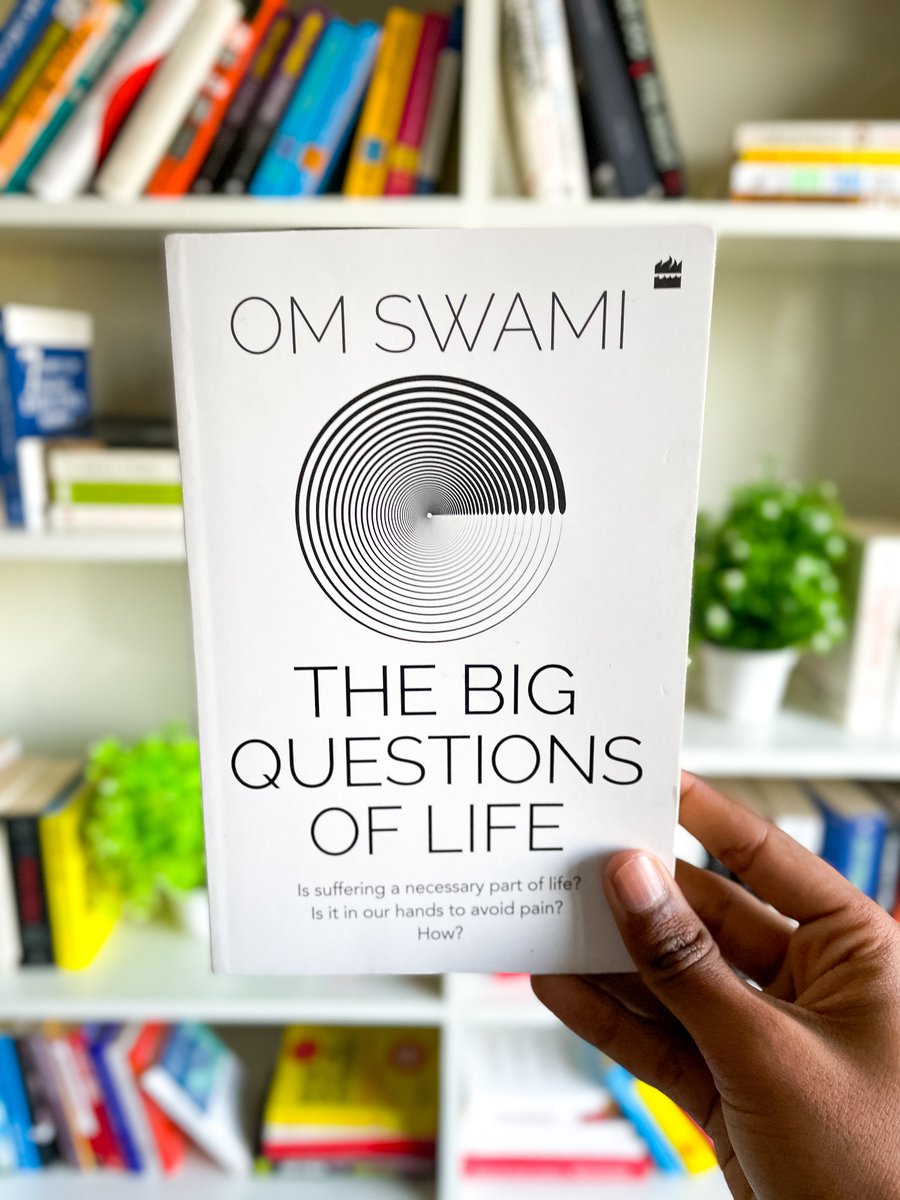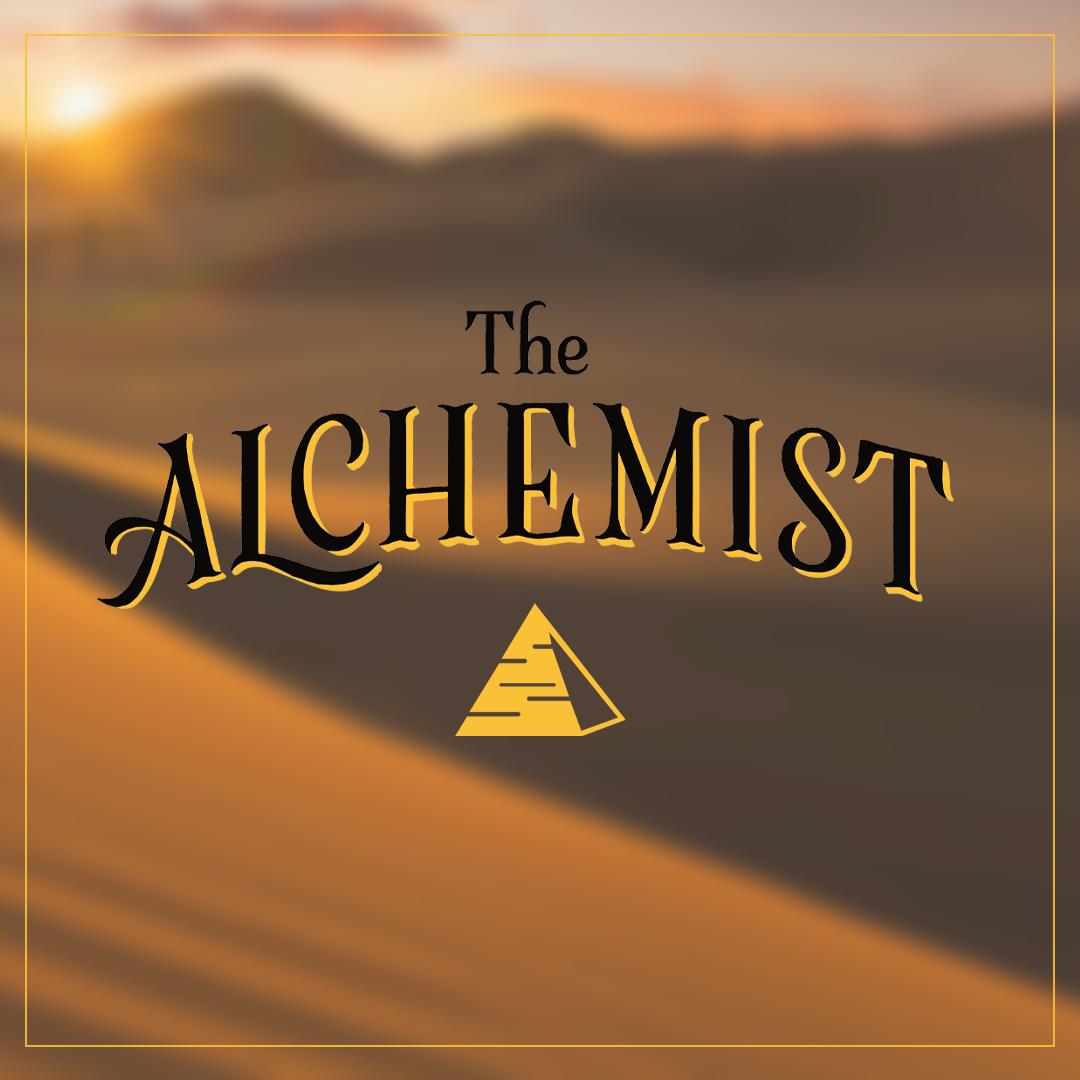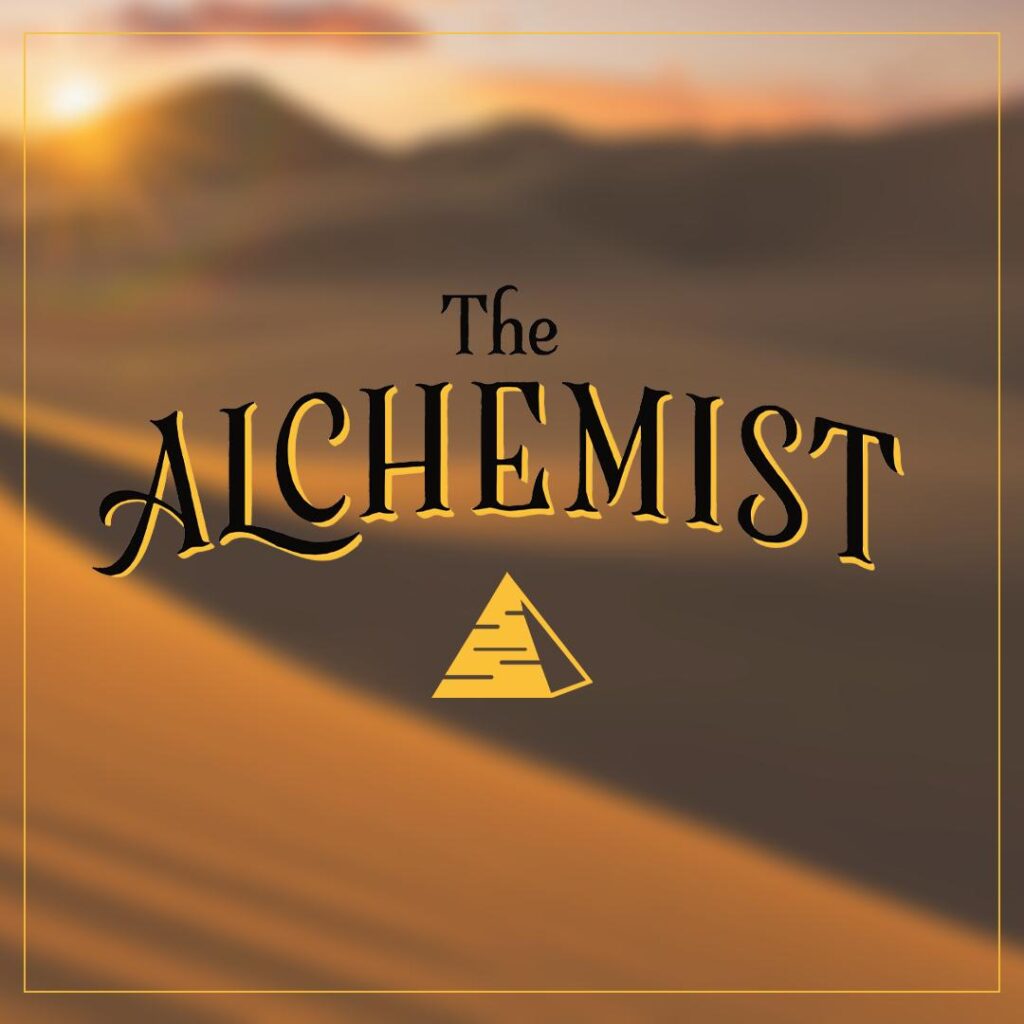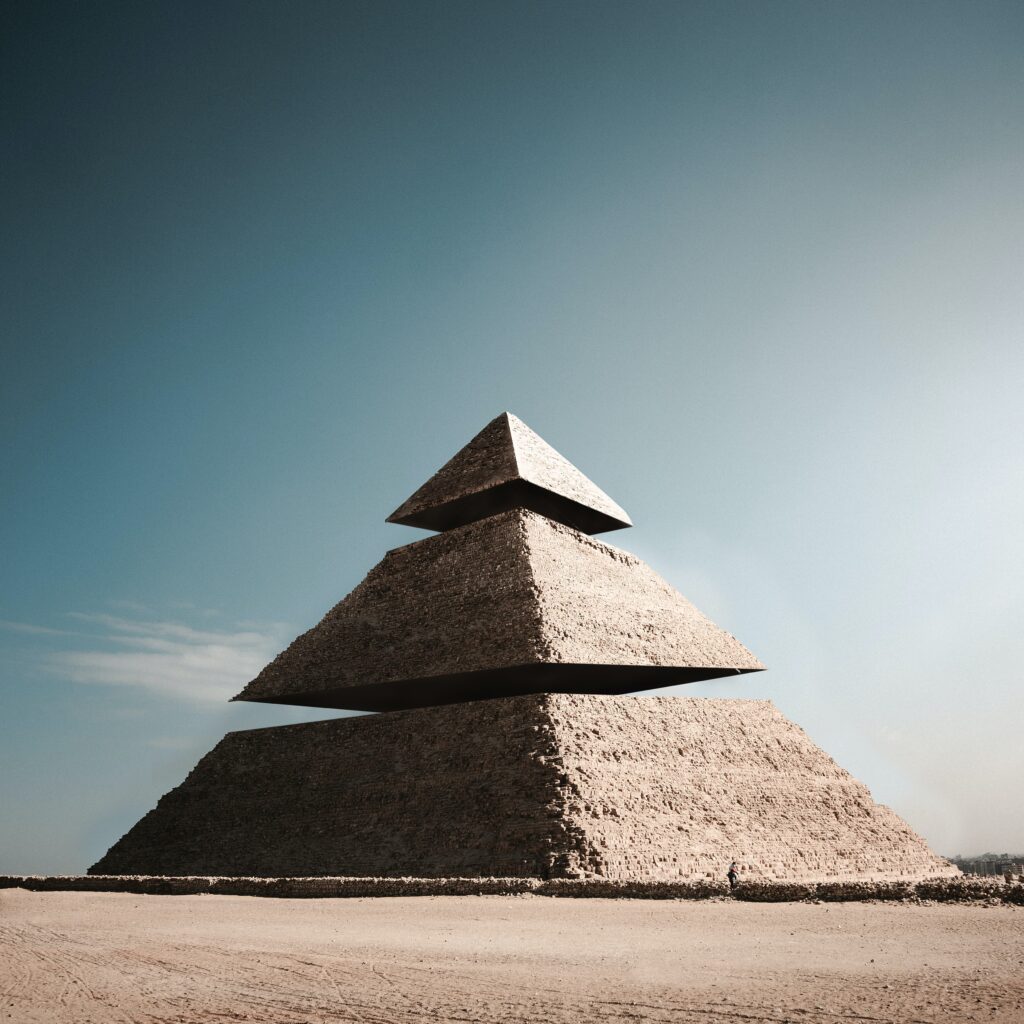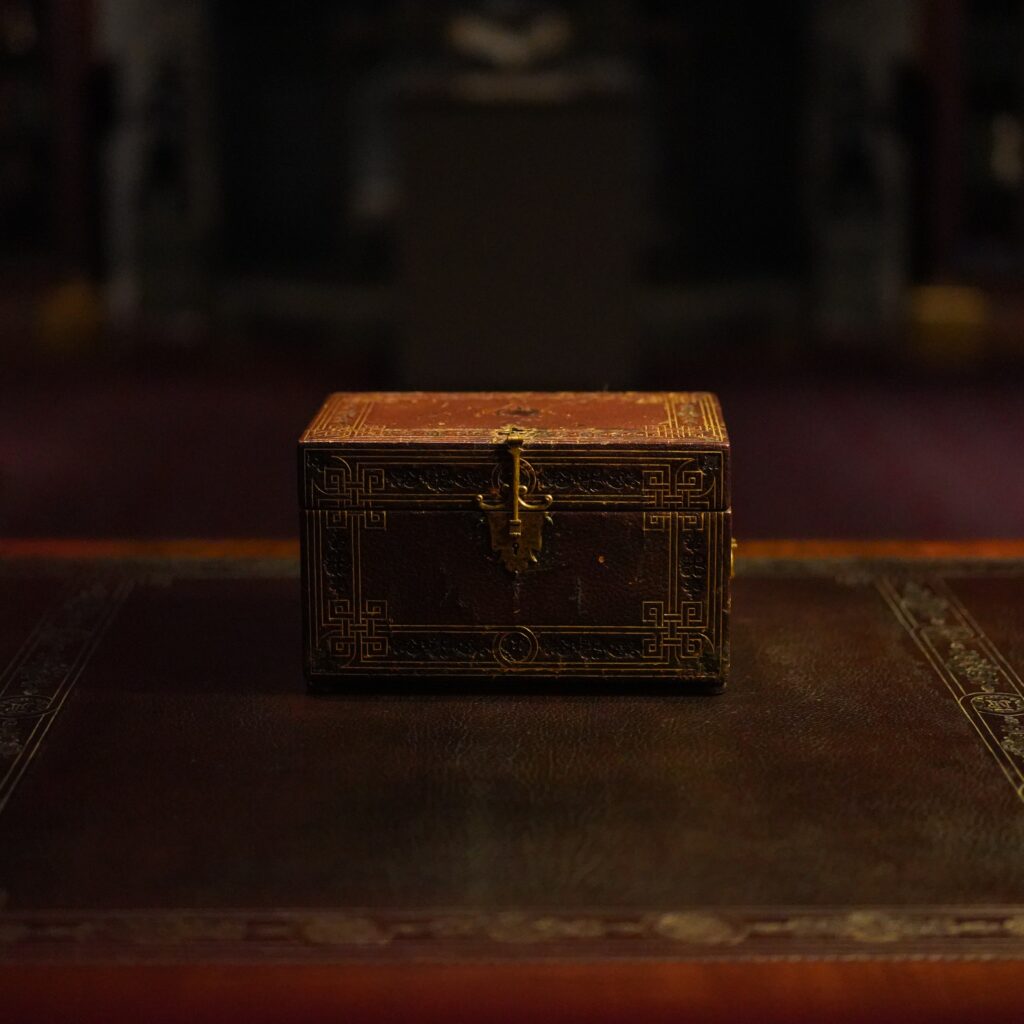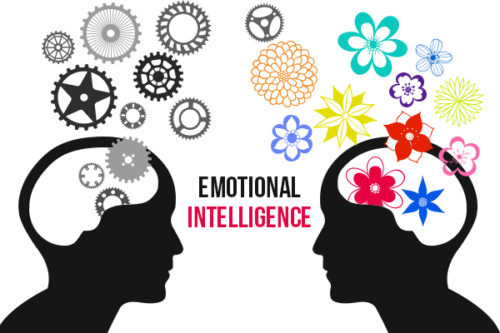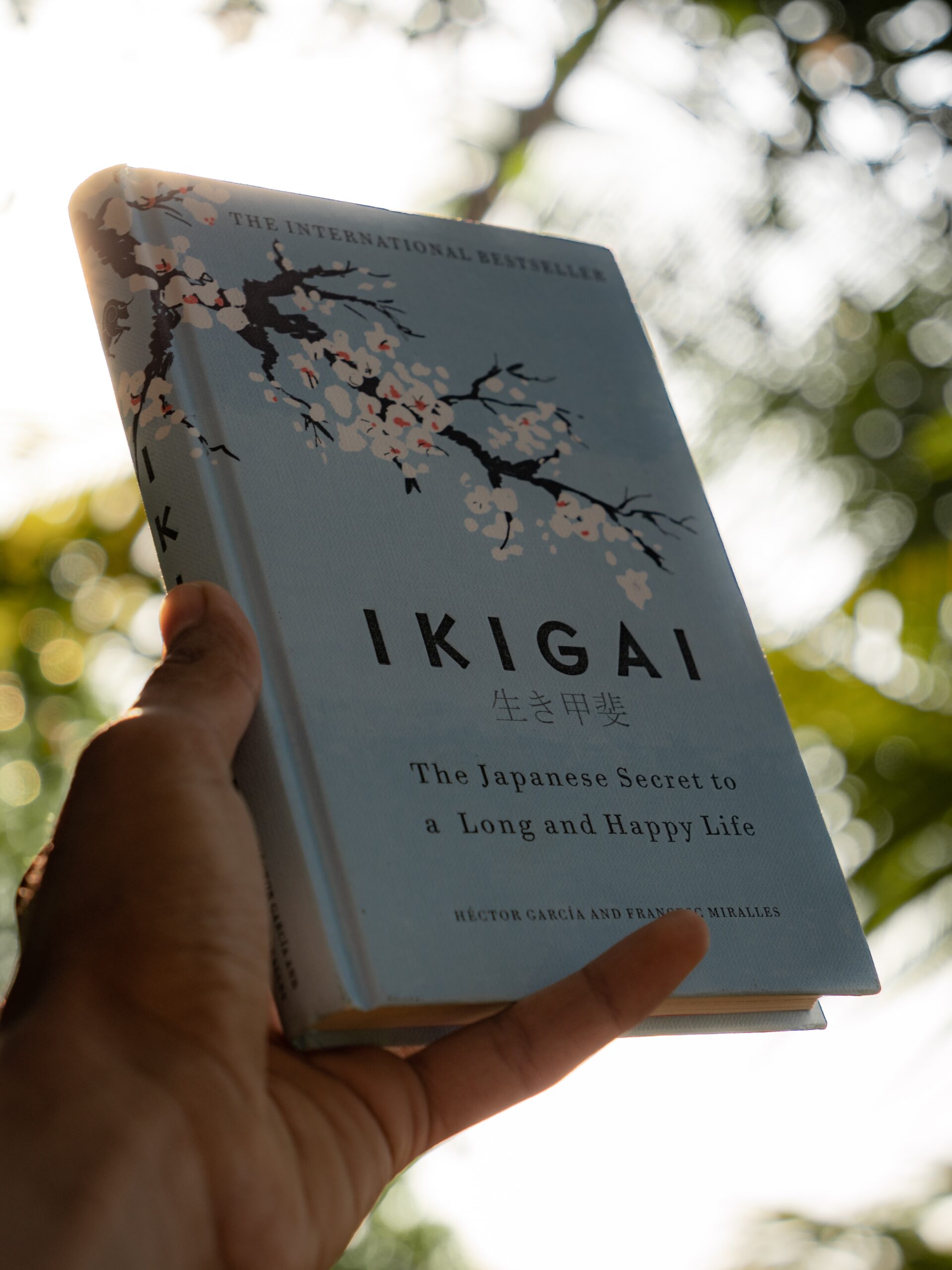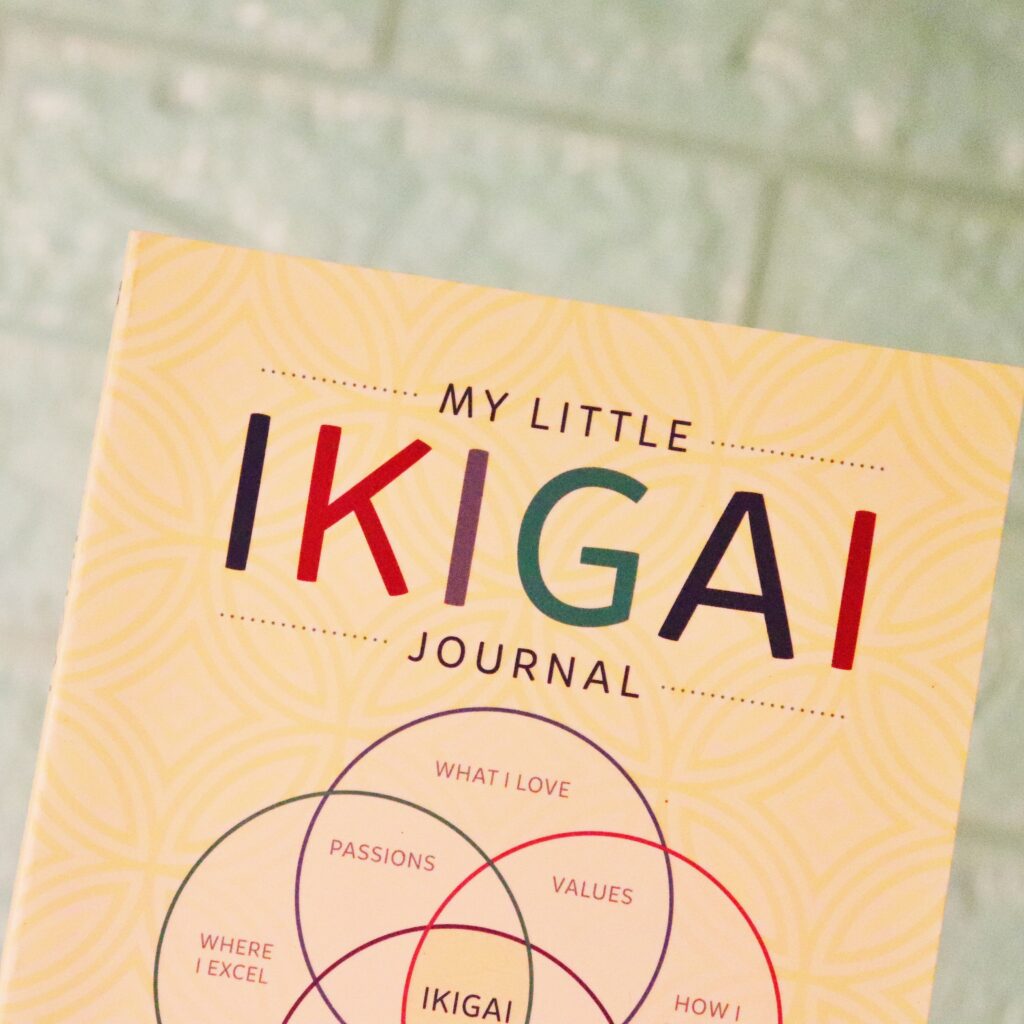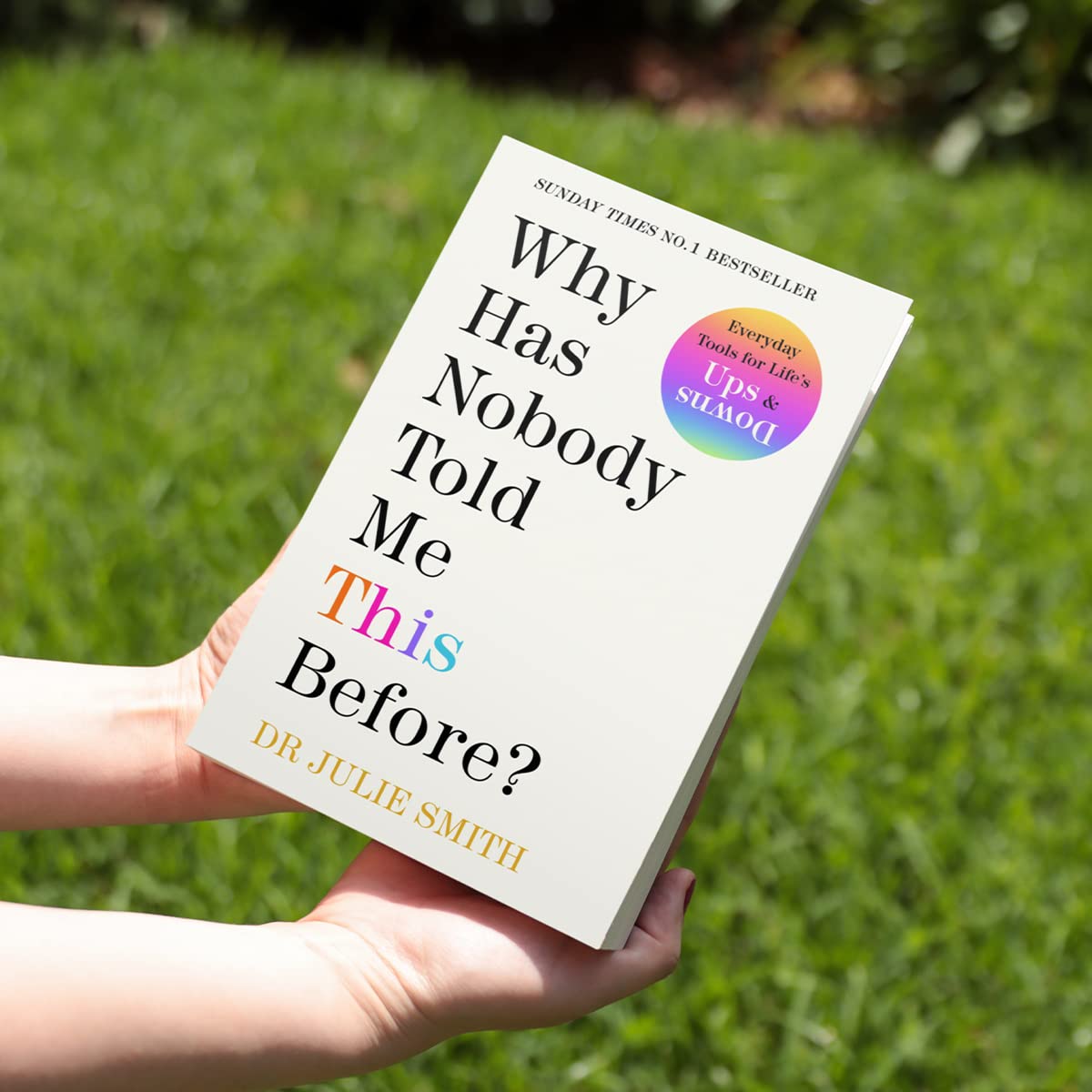– Om Swami.
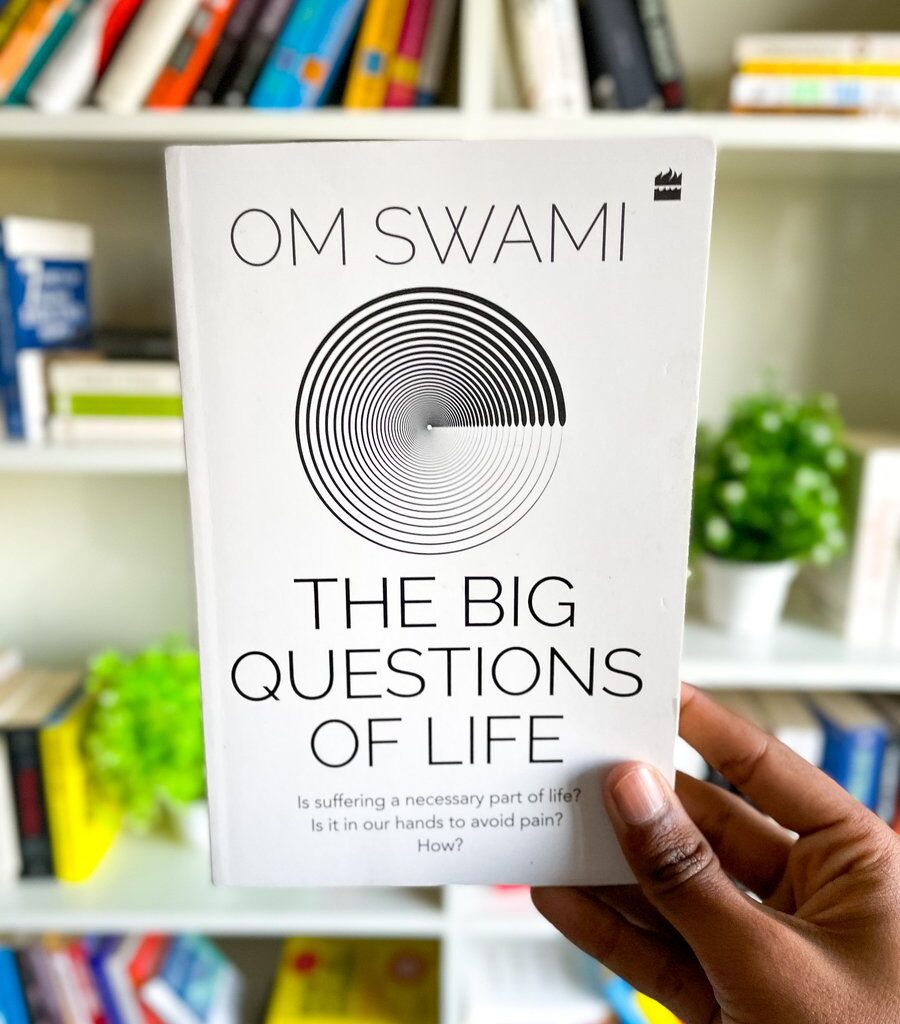
I can’t help you,’ the Buddha said. ‘No one can. For countless lives you have wept for loved ones. Your tears could fill the four oceans. But no one can be in a secure, hiding place from suffering. Knowing this, a wise person walks the path of awakening
The Big Question of Life by OM SWAMI is thought provoking and insightful exploration of some of the most fundamental questions of human existence.
This book will help us in transforming the way we think about life.
From the nature of reality to the concept of mortality, this book offers a fresh perspective on these big questions and provides practical insights on how we can find answers to them. Whether we are looking for spiritual guidance or simply seeking a deeper understanding of life, this book is sure to inspire and challenge you.
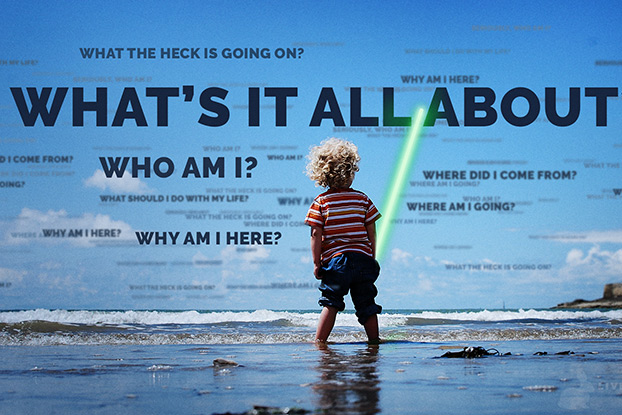
Let’s enjoy this journey of self discovery with “The Big Questions of Life”.
This book explores the fundamental questions that have puzzled humanity since the beginning of time. The author presents the comprehensive analysis of these questions and offers a perspective on how we can find answers to them.

This entire journey is divided into 7 chapters, each of which focuses on a particular question.
First Journey (Existence & Reality)
“If someone doesn’t want to be in your life, let that person go. There’s no wisdom in holding on to a partner, person, employer or a thing. Everything and everyone must ultimately perish. Separation from all that we love is not a question of ‘if’ but ‘when’.
It’s inevitable, only a matter of time. Our childhood, adolescence, youth, old age, all phases pass. Those who loved you deeply yesterday may loathe you tomorrow. The memories of the one who you loved deeply once, may only give you grief now. This is samsara – cyclical and transient.”
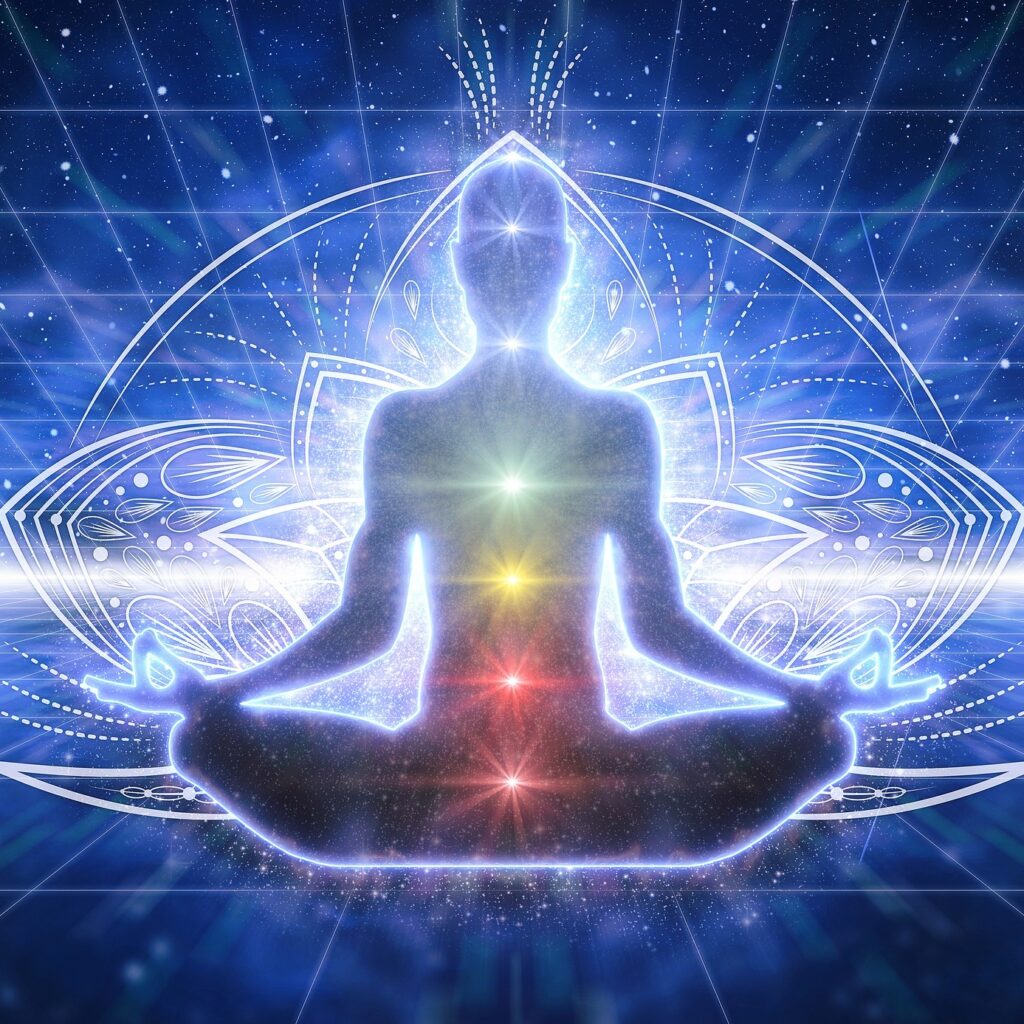
The first chapter deals with the question of existence and examines the concept of reality. The author argues that existence is not just a physical manifestation, but rather a state of being that is not bound by time and space. We must emphasize the importance of understanding the nature of existence in order to lead a fulfilling life.
Second Journey (Identity & Self exploration)
“Just like our desires and emotions are cyclical, so are the good and bad times in our lives. It is absolutely impossible that each day will turn out the way you expect it to, or that every time only pleasing news will knock on your door.
At times, situations are undesirable and unpleasant, but we can’t avoid them. We have to deal with them. As they say, someone’s got to make the trains run on time. Granted, it’s not always feasible to deal with unpleasant situations with a pleasant mood, but it is possible to handle them with patience.”

The second chapter delves into the question of identity and explores the concept of self. It discusses how our perceptions of ourselves is shaped by our environment and experiences, and how we can transcend our limited understanding of self to discover our true identity.
Third Journey (Purpose & Meaning).
“And so it is with life. For no direct fault of our own, it seems, sometimes our present turns out to be different than what we envisaged it to be all along, and we think life will give us some indication of how to go about fixing it. But there’s none.
One way to get past your past and your regrets is to give your life meaning. Once you discover the meaning, the purpose of your life, you no longer remain the old you. The new you is born in the same body. It becomes a whole lot easier to shed your old tendencies as your newfound meaning becomes your guiding and driving force.”

The third chapter focuses on the question of purpose and explores the meaning of life. The book argues that our purpose in life is not predetermined, but rather something we must discover through our own efforts. We must emphasize the importance of finding the meaning of our lives in the order to live a fulfilled and meaningful existence.
Fourth Journey (Morality- objective or Subjective)
“O King, just as a human being bereft of spiritual knowledge never desires to give up his false sense of proprietorship over many material things, similarly, a person who has not developed detachment never desires to give up the bondage of the material body.
Pingala, however, rose above her false sense of existence that day. She experienced great vairagya, detachment, and ananda, bliss. She realized that she was already complete and didn’t need another man to fulfil her. That the one she should have loved, the one for whom she wouldn’t have to wait day and night, the one who would never abandon her, was already inside her – God.”

The fourth chapter deals with the question of morality and examines the nature of good and evil. It argues that morality is not an objective concept but rather a subjective one that is shaped by cultural and societal norms. We should develop our own personal moral code in order to live a virtuous life.
Fifth Journey ( Freedom & Choices)
“There’s only so much the other person can give you. Ultimately, your happiness depends on your selfless karma as well as on how you treat yourself. Doing something for the one you love is not always selfless. If rather than buying a watch for yourself, you buy a bracelet for your wife, it’s certainly thoughtful and caring, but not necessarily selfless, if you see what I mean. You have great emotional investment in such a relationship.
Quintessential selflessness is when you do a karma with little or no expectation in return, maybe when you do it with no emotional or any other vested interest of your own. At any rate, my fulfilment in life is my personal responsibility.
Who has ever discovered an ocean of happiness by looking up to another person? We must have the courage and wisdom to walk the path of dharma with contentment and gratitude instead of constantly counting on others to fill our cup.”

The fifth chapter explores the question of freedom and examines the nature of choice. It is our ability to make choices is what sets us apart from other creatures and that our choices shape our lives. This book emphasizes the importance of taking responsibility of our choices in order to live a free and fulfilling life.
Sixth Journey (Love & Relationship)
“To err is human; we all make mistakes. That, however, can’t be the justification to repeat them. There are only two ways to show that we have realized our mistake: first, by not repeating it, and second, by offering a sincere apology. Let’s focus on the second point, that is, how to apologize. Apologizing correctly is neither an art nor a craft. It’s simply being natural and truthful. When we genuinely regret our action, the right words come out automatically and seeking forgiveness becomes easier.”

The sixth chapter focuses on the question of love and explores the nature of relationships. It argues that love is not just an emotion, but rather a state of being that transcends the physical realm. This chapter discusses the importance of cultivating love in all aspects of our lives in order to experience true happiness.
Seventh and Final Journey (Death & Mortality).
“The wheel of time churns relentlessly. Moments gone will never come back. So, act wisely and mindfully in the living present. The past is dead, it has nothing new for you. And the future is just the present of tomorrow. Now is the only living moment, the only true moment in which life actually exists in its entirety.”

The final chapter deals with the question of death and explores the concept of mortality. The author argues that death is not the end but rather a transition to a different state of being. We should accept death as a natural part of life and living in the present moment.
Some take-away key points from “The Big Questions of Life” by Om Swami:
- The concept of existence is not limited to physical reality but includes a state of being that transcends time and space.
- Our perception of self is shaped by our environment and experiences, and we can discover our true identity by transcending our limited understanding of self.
- Our purpose in life is not predetermined but something we must discover through our own efforts, and finding meaning in our lives is crucial to living a fulfilled existence.
- Morality is subjective and shaped by cultural and societal norms, and developing a personal moral code is important for living a virtuous life.
- Our ability to make choices is what sets us apart from othe creatures, and taking responsibility for our choices is essential to living a free and fulfilling life.
- Love is not just an emotion but a state of being that transcends the physical realm, and cultivating love in all aspects of our lives leads to true happiness.
- Death is not an end but a transition to a different state of being, and accepting death as natural part of life allows us to live in the present moment.
What can you take from this.
Overall this book, The Big Question of Life by OM SWAMI is thought provoking and insightful exploration of some of the most fundamental questions of human existence.
Whether you are a spiritual seeker, a philosopher, or simply curious about the nature of reality, this book is sure to inspire and challenge you.
Want to experience it on your own. Checkout the link Below!!!
The Big Questions of the Life. – Om Swami
Want to learn more about how you could achieve Emotional Health. Do checkout these links.
Beyond IQ, Emotional Intelligence is the new Intelligence. 4 ways to make your Life better.
Ikigai: The Japanese Secret to a Long and Happy life.(10 points we can learn from IKIGAI).
Why has nobody told me this before.(A therapist toolkit)(3-key points to make yourself happy).
